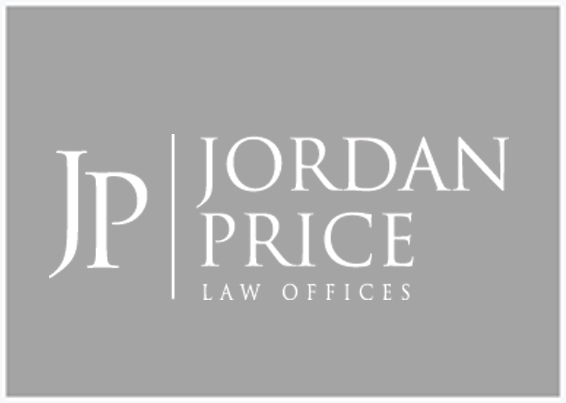Are you bound by the past decisions of board members as it relates to enforcement of restrictive covenants? What constitutes a “waiver” of restrictive covenants? These are common questions among HOA boards throughout North Carolina. The nature of HOAs involves turnover as newly elected board members pick up where others have left off. Often, this includes discovering violations that were either ignored or unknown to previous boards. As new board members seek to enforce the covenants, they get push back from homeowners who feel that they have been “grandfathered” in to allowing violations to occur. It is important for new board members to understand the nuances of the doctrine of waiver as it relates to the enforcement of restrictive covenants in planned communities to avoid conflicts and prevent unnecessary litigation.
As a preliminary matter, it is important to understand that restrictive covenants are treated like any other contract between two parties. As such, the courts will look to the plain and unambiguous terms of the restrictive covenants themselves to determine if there are any relevant waiver provisions. Many restrictive covenants include standard “non-waiver” provisions that prevents any failure to enforce the covenants from constituting a waiver of the Association’s right to enforce the restrictions in the future. While these provisions are helpful, non-waiver provisions are not bullet proof. North Carolina Courts have held that a “nonwaiver clause itself, like any other term of the contract is subject to waiver by agreement or conduct during performance.” 42 East, LLC v. D.R. Horton, Inc., 218 N.C. App. 503, 511, 722 S.E.2d 1, 6-7 (2012). “[A] waiver may be express or implied.” Dill v. Loiseau, 263 N.C. App. 468, 475, 823 S.E.2d 642, 647 (2019) (quoting Medearis, 148 N.C. App. at 11, 558 S.E.2d at 206 (citation omitted)). So, this begs the question, what amounts to a waiver of restrictive covenants?
In the context of enforcement of restrictive covenants, North Carolina courts have clarified that “[a]n acquiescence in a violation of restrictive covenants does not amount to a waiver of the right to enforce the restrictions unless changed conditions within the covenanted area are so radical as practically to destroy the essential objects and purposes of the scheme of development.” Dill v. Loiseau, 263 N.C. App. 468, 475, 823 S.E.2d 642, 647 (2019) (quoting Williams, 114 N.C. App. at 578, 442 S.E.2d at 562 (citation and quotation marks omitted)). In other words, the violation must totally change the nature of the development for a waiver to be found. This can be a fact intensive exercise because what constitutes a radical change is not always clear.
For example, the North Carolina Supreme Court has held that the operation of a public library and bank in a subdivision with restrictions for residential use did not amount to a radical change since the library and the bank “represent no more than minor intrusions upon the quiet enjoyment of an area otherwise residential in nature.” See Hawthorne v. Realty Syndicate, Inc., 300 N.C. 660, 268 S.E.2d 494 (1980). On the other hand, the Courts have also held that restrictions for residential use were waived when six of twelve lots were being used for commercial purposes. See Medearis v. Trs. of Meyers Park Baptist Church, 148 N.C. App. 1, 558 S.E.2d 199 (2001). Thus, the court will look at the facts of each individual case to determine whether the violation of the restrictive covenants changes the fundamental scheme of development. In Medearis, one of the critical issues was that the restrictive covenant had not been enforced in half of the restricted lots. As a result, the failure to enforce the covenants on 50% or more of the restricted lots was found to fundamentally change the scheme of development resulting in a waiver of the restrictions.
For most violations that an Association will deal with on a regular basis, the doctrine of waiver is a high standard for homeowners to meet. However, associations should be aware that the nature, duration, and severity of the alleged covenant violation is critical to determining whether a prior board’s decisions amount to a waiver of the restrictive covenants. Board members should always familiarize themselves with the applicable restrictive covenants and ensure that uniform application of the restrictions are being implemented to avoid the waiver arguments and ultimately, avoid costly litigation.
by Kyle Lewis
